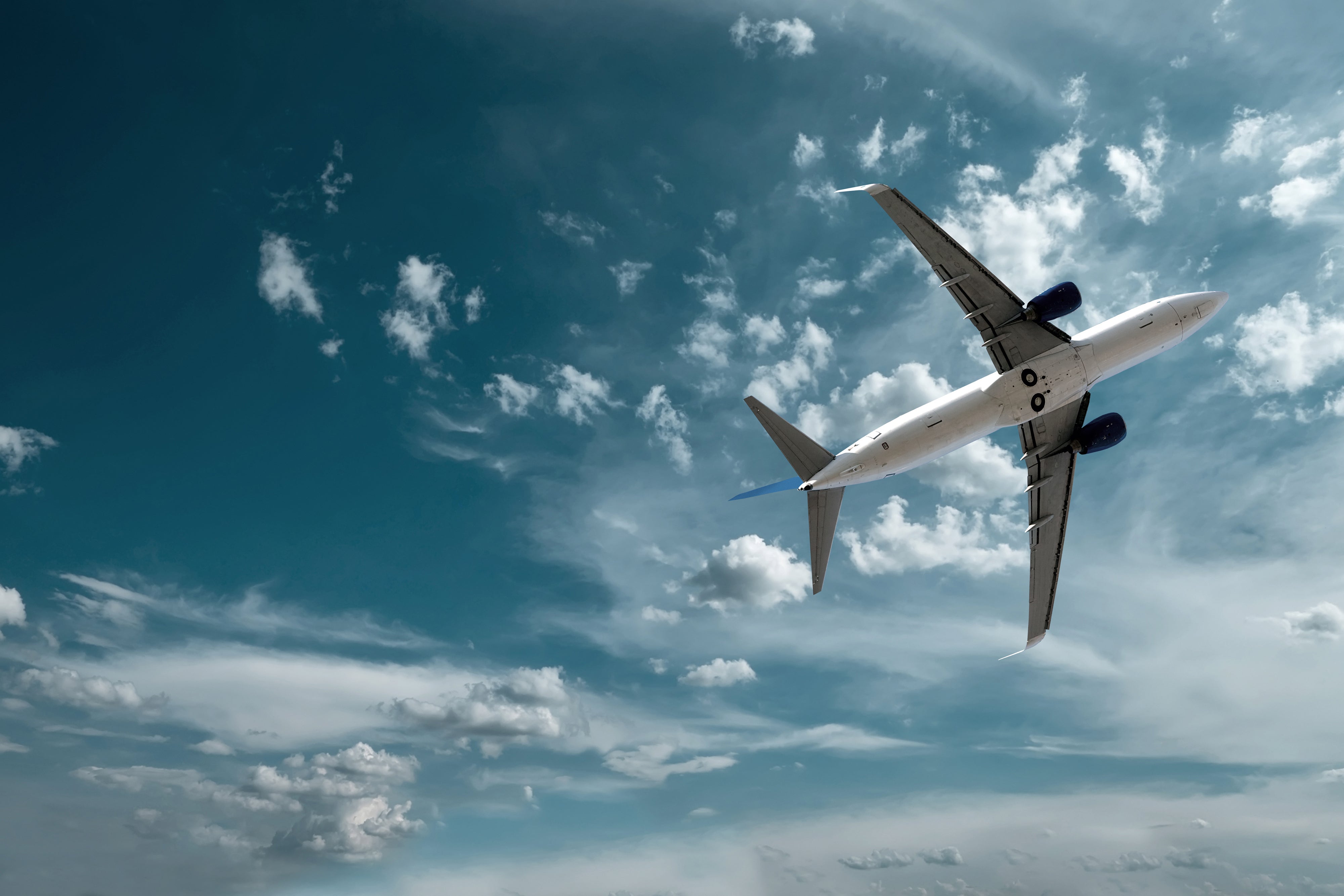Dohop is a Business Reporter client
Airline partnerships have been around for quite some time, with the first codeshare agreement being created in the United States as early as the 1960s. Many airlines still maintain partnerships with each other through bilateral arrangements or by joining an alliance. However, the technology and processes that enable these partnerships haven’t changed much over the last few decades. Each new collaboration between two carriers requires considerable investment and adds an extra layer of complexity to an airline’s existing operation. So, it’s become more evident that this way of working is limiting airlines in terms of the types of partnerships they can establish, for example between full-service and low-cost carriers, which decreases the options that an airline can offer to travellers. It is, therefore, not surprising that smaller airlines and low-cost carriers have generally stayed away from building such partnerships.
While partnerships continue to play an essential role in the global aviation industry, what has changed is the way that airlines go about them and the growing popularity of innovative technology and alternative interline options, like the ones provided by Dohop.
Airlines are looking to expand their network and provide better connectivity to their customers, which is even more critical in the current aviation landscape as many carriers are still recovering from the pandemic after having had their schedules and networks affected by the crisis. Additionally, there is an increasing need for airlines to cater to the growing needs of passengers to offer new and tailored travel options.
Dohop’s role has been and continues to be to connect what is difficult or impossible to connect due to legacy constraints. Dohop enables any travel provider, such as airlines and ground transport operators, to partner with any other and sell connections consisting of different modes of transport by leveraging innovative API technology.
As airlines are undergoing a retailing transformation, they need to be able to offer their passengers a more straightforward booking experience with a transparent and clear structure. Passengers want to know exactly what they are buying and paying for and to have the ability to personalise their experience with a full suite of ancillary offerings that legacy technology does not support. The opportunities for a personalised journey with a wide choice of ancillaries such as seat selection for both carriers, meals, bags, premium class options and more, are definitely a step closer to offering the customisable retailing experience consumers of today are getting more and more accustomed to.
Dohop’s team works closely with airlines to help them realise their vision for connectivity and success, short and long-term. Airlines receive instant payment once a booking is made, and they retain customer ownership, which is a vital aspect to being a great retailer, knowing what the customer wants, needs, and is willing to pay for.
Dohop’s successful expansion is proven by its innovative technology, which is currently used by more than 60 airlines around the globe. Some of Dohop’s partners include Air France, easyJet, Air Transat, Avianca, Vueling, and Jetstar.
Partnerships as a solution to reducing the travel industry’s impact on climate change
The travel industry is working hard to reduce its impact on climate change. Travellers are increasingly aware of sustainable and responsible travel and initiatives are helping the aviation industry combat the impact of carbon emissions.
Many governments across Europe are raising public funding to stimulate economies and travel post-Covid. Environmental issues will be a significant factor in the future, with investment in lower-carbon transportation to and from airports high on the agenda. It has been suggested that rail networks can replace short-haul flights within Europe and many countries have ambitious plans to expand their railway infrastructure, which is supported by the European Union.
It is clear that airlines and rail companies are quickly understanding that combining their transport networks will result in a win-win situation for both suppliers and consumers, and there is a strong need for new technology platforms that combine air and rail to provide seamless connections between the two. Intermodal travel is gaining momentum for airlines, airports, and feeder traffic providers, and competition is increasing to provide for future travellers’ requirements and the entire intermodal chain.
For more information please visit www.dohop.com.
Originally published on Business Reporter
Subscribe to Independent Premium to bookmark this article
Want to bookmark your favourite articles and stories to read or reference later? Start your Independent Premium subscription today.
